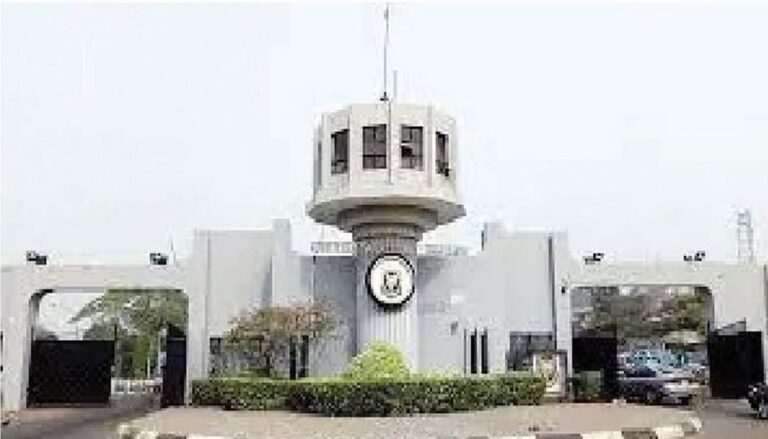
The federal government has stopped receiving applications for the Pioneer Status Incentive (PSI) with effect from November 10, 2025, which implies that corporate organisations will no longer enjoy three-year tax-free incentives for new businesses.
The Nigerian Investment Promotion Commission (NIPC) said the move is part of preparations for the full transition to the new Economic Development Tax Incentive (EDTI) scheme, which will officially take effect on January 1, 2026.
NIPC also encouraged corporate organisations and investors to act promptly in line with the new tax incentive framework and further recommended that both existing beneficiaries and new applicants consult with the Commission to ensure a seamless transition and compliance with the requirements of the EDTI scheme.
The PSI, administered by NIPC, was established under the Industrial Development (Income Tax Relief) Act, Cap I7, Laws of the Federation of Nigeria 2004, and is specifically targeted at industries identified as essential to national development such as manufacturing, agriculture, infrastructure, and technology, providing a significant boost to businesses that contribute meaningfully to Nigeria’s economic diversification and industrialisation goals.
Pioneer status is a tax incentive granted by the Nigerian government to eligible companies under the Industrial Development (Income Tax Relief) Act, which provides an exemption from Company Income Tax for an initial period of three years, which may be extended for up to two additional years, subject to regulatory approval.
The relief applies to businesses operating in sectors or engaged in the production of goods and services deemed essential to Nigeria’s economic transformation, with the broader goal of promoting investment, industrial growth, and sectoral diversification.
Under the PSI, investors enjoy 100 percent tax exemption for an initial 3 years, renewable for 2 years and up to 5 years in total.
EDTI is a departure from the pioneer status incentive scheme and is structured around priority sectors, primarily manufacturing, followed by services and infrastructure that have strong multiplier effects on the economy.
Another key design feature is the introduction of minimum investment thresholds to ensure only scalable and impactful projects qualify. For instance, companies operating in capital-intensive sectors like utilities would need to invest at least N200 billion to be eligible for the tax credit.
The EDTI, which is time-bound, sector-targeted, and tied to actual capital deployment, grants companies a 5 percent annual tax credit over five years, totalling 25 per cent of the value of their qualifying investment. Importantly, this is in addition to existing capital allowances, making the scheme particularly attractive to long-term investors.
VANGUARD.




